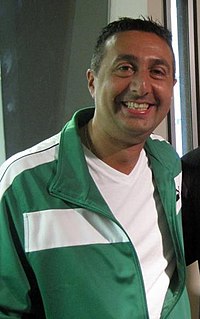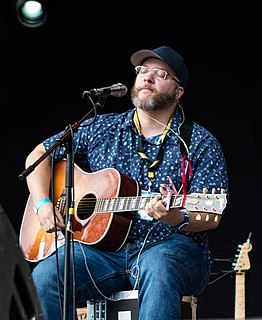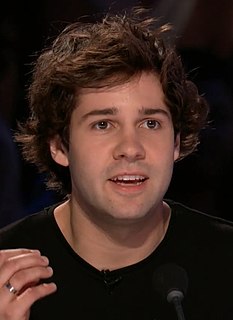A Quote by Beth Orton
I get told I'm a confessional songwriter, which gets on my tits because I think of negative connotations attached to the word "confessional". I don't like the idea of songwriting being therapy. I don't want to put myself so directly in the foreground.
Quote Topics
Related Quotes
No thought, no idea, can possibly be conveyed as an idea from one person to another. When it is told it is to the one to whom it is told another fact, not an idea. The communication may stimulate the other person to realize the question for himself and to think out a like idea, or it may smother his intellectual interest and suppress his dawning effort at thought. But what he directly gets cannot be an idea. Only by wrestling with the conditions of the problem at first hand, seeking and finding his own way out, does he think.
Confessionalism relates to writers of color. I think confessional poetry is in its way very Catholic, capital C. One of the formative ideas of Confessionalism, beyond psychoanalysis, is a very actual fall from grace. And, at least in America, people of color never occupy that position of grace the way that white people do. So I think that in some very actual ways the confessional mode, strictly speaking, is not possible for non-white writers.


































